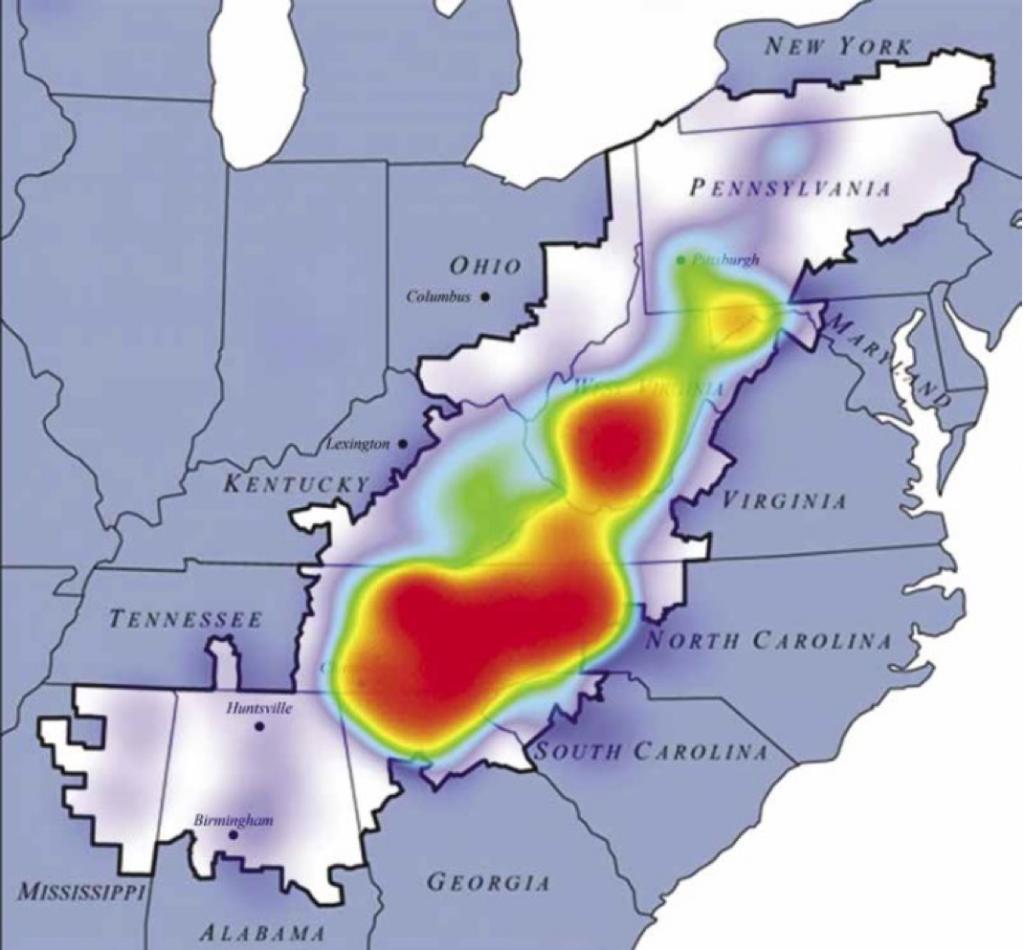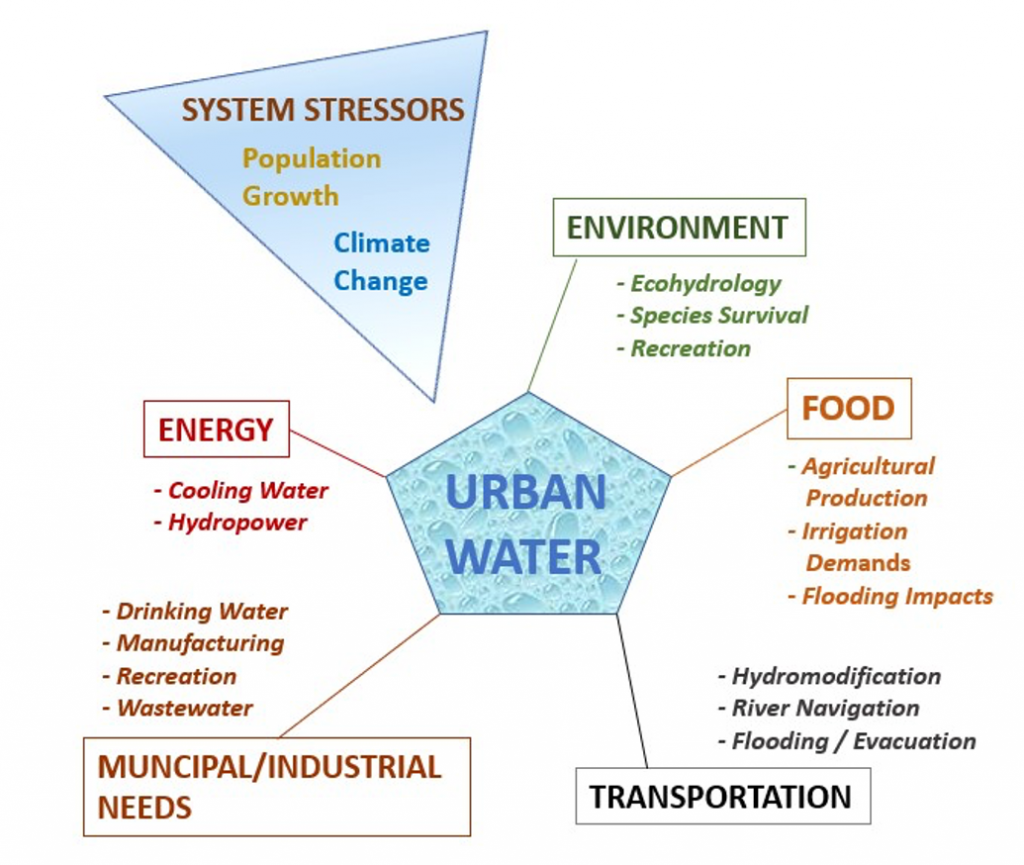Sustainable regional systems are connected urban and rural systems that work together for equitably advancing the well-being of people and the planet in a sustainable way. As a THEC center, ISSE is committed to the sustainable development of the State of Tennessee and surrounding areas with its research, education and outreach.
Jump to
Appalachian Studies
The Appalachian region is critical to the U.S. environmental, social, and economic sustainability. The region is one of the most biodiverse and its protection is one of our nation’s highest priorities. Extensively forested, the region captures a large amount of carbon and is a source of drinking water for many major cities. However, every aspect of the region is facing tremendous sustainability challenges: economy, health, education, infrastructure, resources, and culture. Appalachia sees opportunities to develop new industries, such as tourism, outdoor sports, renewable energy, and highly value-added agriculture, based on its unique natural beauty and resources. We are developing integrated assessment models to evaluate its sustainability and identify and evaluate actionable solutions. Working with the Appalachian Regional Commission (ARC), we have contributed to the Appalachian Teaching Project (ATP), a federal applied research program for Appalachian college students, for 20 years. Dr. Tim Ezzell has studied the trends and strategies for tourism in Appalachia for years, with the support of ARC.

Read Dr. Ezzell’s ARC report, Extending Our Welcome: Trends and Strategies for Tourism in Appalachia.
Sustainability of Urban Water
Urban water demand is expected to increase significantly in the next several decades and as these demands increase conflicts over use of this most vital human resource will surge without adequate integrated planning. Conflicts will cross jurisdictional boundaries and into the rural communities where watersheds largely provide the higher-quality resource supply. Resolving conflicts and achieving resource sustainability through integrated planning are constrained by many regulations and governed by multiple agencies. Regulations may have different directive or overlaying directives among agencies, and multiple levels of governance. Dr. John Schwartz and his team are developing a new framework for integrated water resource planning to achieve sustainably recognizing all system needs and socioeconomic interdependencies among the urban and rural communities, suggesting policy for more effective governance, and formulate the technologies to advance current water management planning procedures. To fully stress test regions and their water needs and infrastructure, advanced technology in terms of database management and watershed modeling will be required. Population growth is inferred as one stressor with increased future demands in urban centers, though incorporating the impacts from climate change on the regional hydrologic processes are equally important to expose system vulnerabilities and supply risks.





